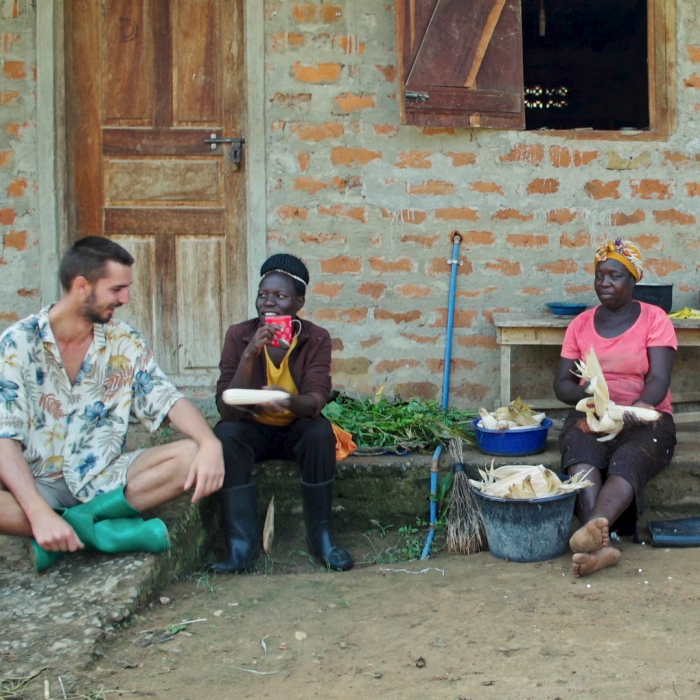Student Information

What is Humanitarian Engineering?
Humanitarian Engineering is the application of engineering to meet the needs of communities and in particular focusses on appropriateness and sustainability. It covers a spectrum of activities from disaster response and preparedness to long-term sustainable community development, within Australia and overseas. It is a complementary skill to existing engineering disciplines.
Humanitarian engineers analyse and design infrastructure and appropriate technology to support the well-being and welfare of individuals and communities in disadvantaged circumstances. Their work is undertaken through partnership and engagement with those in need to identify solutions that are wanted, appropriate and sustainable. This includes communities in low and middle-income countries, as well as marginalised or remote communities in Australia.
Humanitarian Engineering Minors - General Information
-
UNSW Engineering offers two Humanitarian Engineering Minors:
-
Explore the various course opportunities provided by studying a Humanitarian Engineering Minor!
- Global Development in Practice (ARTS2755)
- Fundamentals of Humanitarian Engineering (ENGG3001)
- Socio-Environmental Aspects of Mining (MINE3910)
- Environment and Sustainability (CEIC4000)
- Humanitarian Engineering Project (ENGG4102)
- International Humanitarian Response (ENGG4103)
- Food and Health Security (FOOD4104)
- Sustainable Infrastructure (CVEN4701)
- Sustainable Energy for Developing Countries (SOLA5056)
Fourth-year thesis research
Undertake your fourth-year thesis research in the area of Humanitarian Engineering. Find out what topics are available and potential supervisors!
-
Humanitarian Engineering opens many opportunities and future career pathways. UNSW Engineering graduates have volunteered with organisations like Engineering World Health or have established their own social enterprises and not-for-profit organisations, such as Kua.
Other UNSW graduates have found a career working for multilateral agencies such as the World Bank, engineering consulting, and project management companies. These organisations recognise that humanitarian engineers have an enhanced set of skills to apply to all engineering work including technology development, creativity, communication, partnership engagement, and teamwork.
-
The Sustainable Development Goals (SDGs) are a global agenda, adopted by countries in 2015, with a vision of ending poverty, protecting the planet and ensuring that all people enjoy peace and prosperity.
Resources and Support
The ChallENG Program team are here to support your journey!
Click through to find out more about the key resources and support offered to students and teams.
Humanitarian Engineering Thesis Supervisor
Click through to find a thesis supervisor for your Humanitarian Engineering Minor!
Go on a global mobility experience
Gain a head start in your career with practical experience overseas! From student exchange to research opportunities, internships and study tours the opportunities are endless.
Read some Global Impact Stories!
